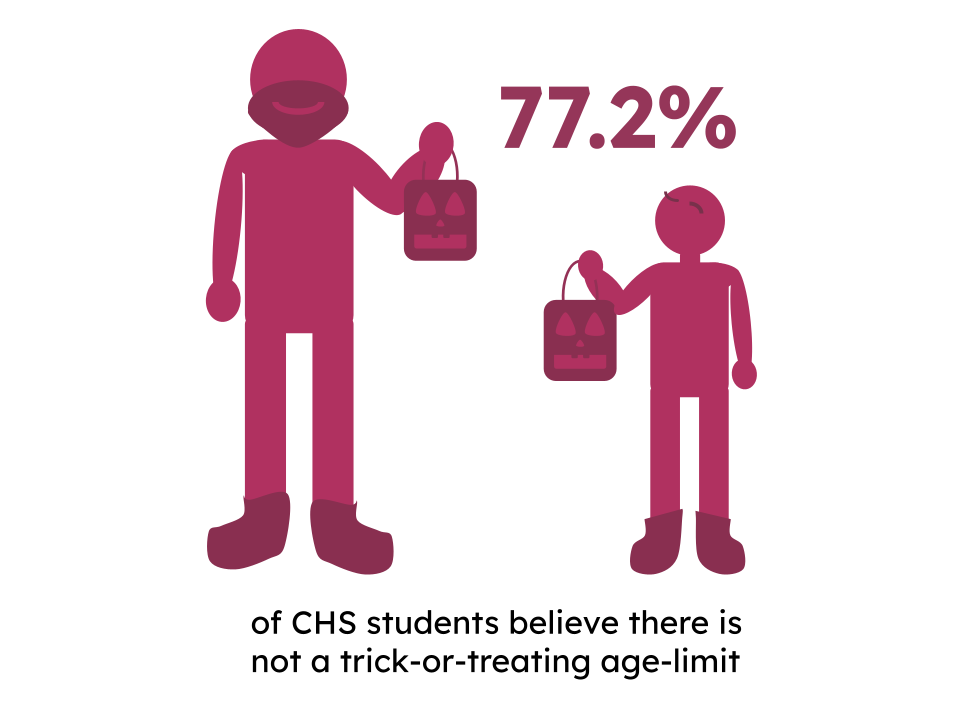Students engage in head-to-head combat for any position that can help them project from the others. Communications High School curates an incredibly competitive environment in all fields; unexpectedly, the most competitive aspect is the leadership positions.
CHS houses various clubs, each organized and run by a student council. Despite the copious amount of leadership positions, many students feel that there is a pattern in who receives them. Discussions of limiting the number of leadership positions a student can hold has become topical in the halls. However, limiting the number of leadership roles a student can obtain will stifle and suppress their determination.
High school students are burdened with the pressure of standing out in the eyes of colleges, and one of the most competitive and popular methods is founding or running school clubs. Exposing students to the hard work and responsibility that comes with obtaining and holding a position of power is not for the weak-minded.
Sophomore Brody Lippincott of Wall Township expressed the struggles and willpower that come with the stages of starting a club, as he is looking to co-found a gardening club.
“The hardest part of the process was setting down the foundation of what we wanted to achieve and what we were able to achieve under the guidance of the school,” Lippincott stated. “It was not difficult to acquire the necessary forms and signatures, however, it does take a serious desire to finish the procedure.”
The competitive nature of CHS contributes to the insatiable desires of students to hold council positions, validating the legitimacy of those who can hold more than one position. Many students can attest to the difficulties that come with acquiring and maintaining council
seats at such a competitive school.
Isabella Ji, a former CHS student and rising sophomore at New York University held many council positions her senior year which included being the SGA president, Inkblot Managing Editor, NHS Treasurer and Literary Magazine Managing Editor. She spoke about how the workload could be heavy, but that works for her.
“I’m someone who likes to keep themself busy so the workload for me was honestly very fulfilling. At times I did think there was a lot left to be done, but I knew that the satisfaction of completing all the tasks would be rewarding in the end,” Ji said. “I believe that I fully fulfilled all the positions that I had and was passionate about all the clubs.”
Factors to consider are the variation between clubs regarding responsibility and amount of seats. Clubs at CHS can vary from 15 members to almost the entire school. The difference in managing the more populated clubs, such as Inkblot, compared to the smaller ones is vast. This requires those who have been fortunate enough to receive these positions to be qualified and deserving.
Ji also spoke about how it would be difficult to add limitations.
“ Plus with the different industries it almost feels unfair if students’ passions were limited assuming that students would be applying to positions in clubs they were passionate about.”
It is difficult to attribute the number of leadership roles certain students have to anything but hard work and active participation. The positions students hold are, for the most part, earned. To take them away would be more unjust than attempting to make them equal for everyone by creating limitations.
“As someone who is already a part of the CCC council, it would be so disappointing to be limited since I am passionate about many different fields,” Lippincott said.









